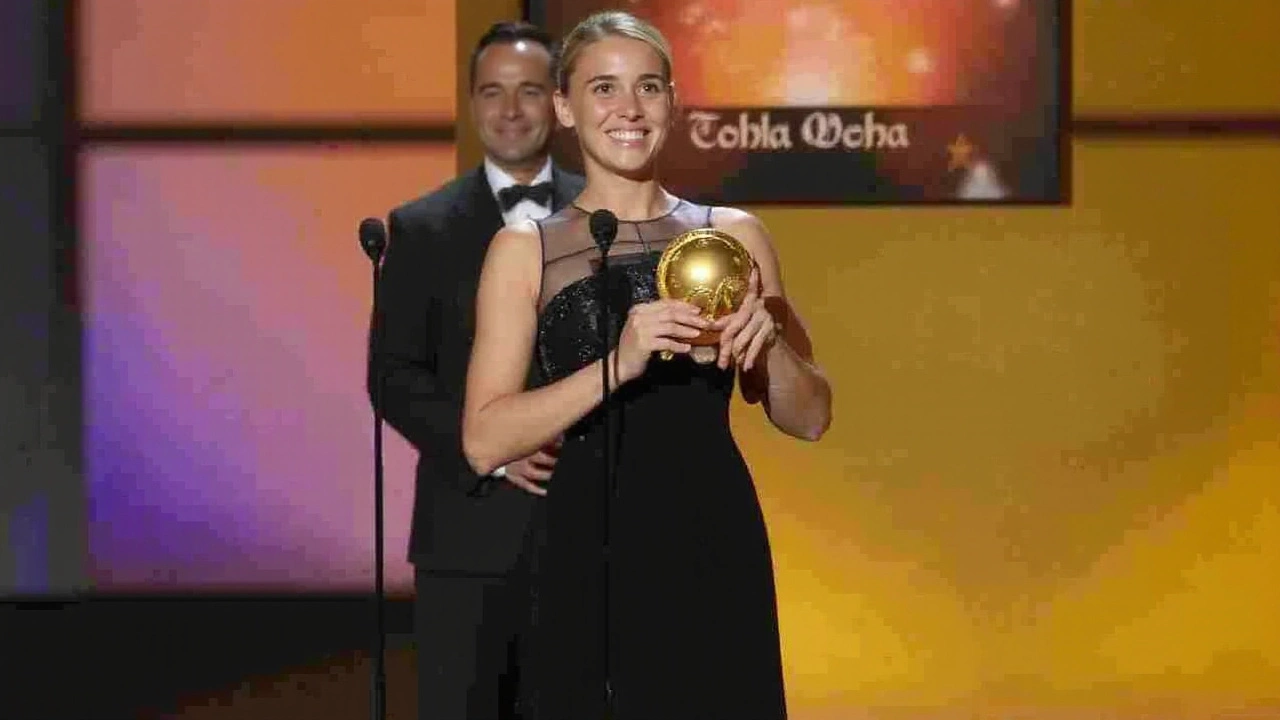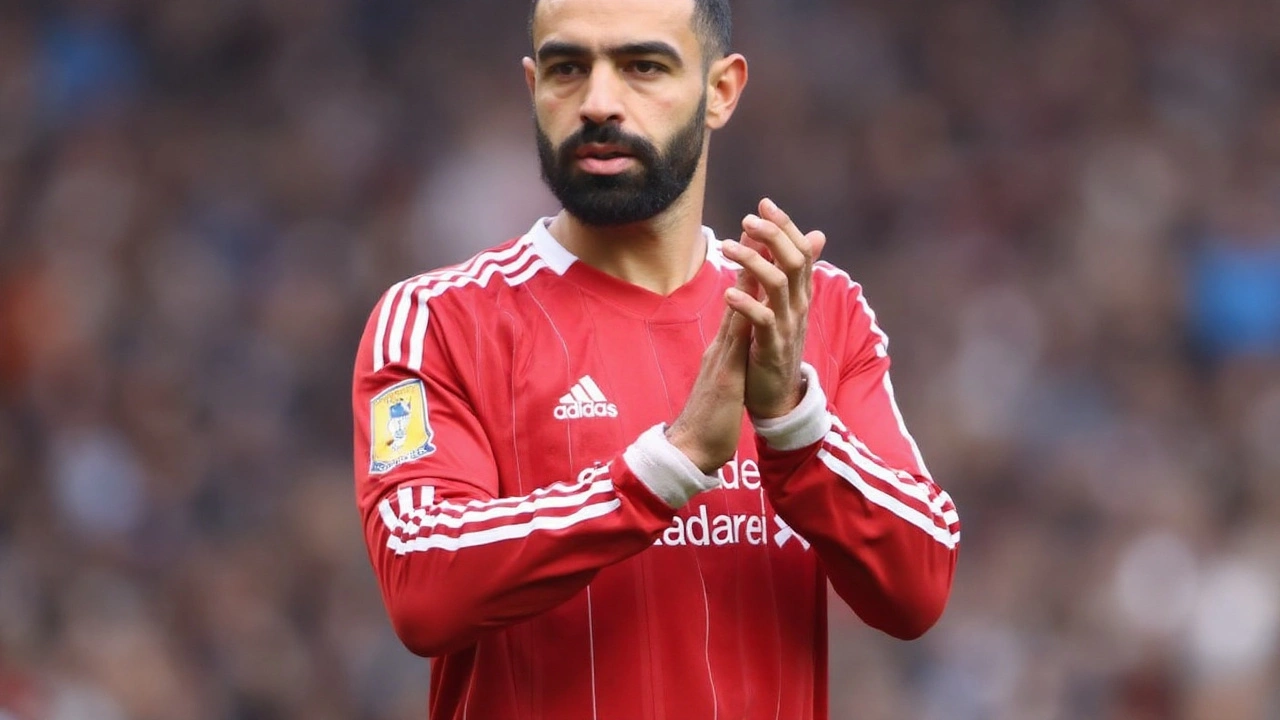Women's Yashin Trophy: Hannah Hampton Makes History at Ballon d’Or 2025

Historic Win for Women’s Goalkeeping
When Hannah Hampton lifted the trophy on the Paris stage, the crowd wasn’t just applauding a single player – they were cheering a whole era of progress. The Women's Yashin Trophy had never existed before, so her name now sits beside legends like Lev Yashin, Manuel Neuer and Alisson Becker, who have dominated the men’s side since 2019.
Hampton’s road to that moment reads like a highlight reel of England’s recent surge. After a breakout season with Manchester City, where she kept 16 clean sheets and pulled off a last‑minute save in the FA Women’s Super League final, she cemented her place as first‑choice keeper for the Lionesses. The England squad’s run to the semi‑finals of the Women’s Euro 2025, with Hampton pulling off a penalty‑save heroics against Germany, only added fuel to the fire.
In her acceptance speech she made it clear that this wasn’t a personal accolade alone. “I just would like to say a massive thank you to France Football for this award. I don’t think it’s an achievement for me. I think it’s an achievement for women’s goalkeeping that the award is finally now taking part,” she said, her voice cracking with emotion.
- She thanked her brother, who introduced her to the sport at age five.
- She praised the trailblazers – from Hope Powell’s early coaching days to legendary keepers like Nadine Angerer.
- She urged young girls to keep training hard, promising that the spotlight will keep growing.
The ceremony didn’t stop at Hampton. Vicky Lopez, a 20‑year‑old attacking midfielder from Spain, snagged the women’s Kopa Trophy as the best U21 player, while Italy’s Gianluigi Donnarumma took home the men’s Yashin Trophy. The mix of youth and experience highlighted how the Ballon d’Or family is expanding its reach.

What the New Trophy Means for the Game
France Football introduced the women’s version of the Yashin Trophy as a direct response to the expanding market and viewership of women’s football. Since the women’s Ballon d’Or debut in 2018, viewership numbers have jumped over 120% and sponsorship dollars have followed suit. Adding a goalkeeper award signals that the sport’s custodians recognize the specialized talent women bring to the crease.
Historically, the men’s Yashin Trophy has celebrated a range of styles – from the acrobatic reflexes of Jan Oblak to the sweeper‑keeper flair of Ederson. By opening the door for women, the award invites comparisons that will push training methods, scouting networks and youth academies to invest more heavily in goalkeeping pathways for girls.
Analysts predict that within the next five years we’ll see a surge in dedicated goalkeeper coaches in women’s clubs, mirroring the male side’s evolution. Already, clubs like Lyon and Barcelona are hiring former internationals to run specialized goalkeeper programs, and Hampton’s visibility will likely accelerate that trend.
On a broader cultural level, Hampton’s win dovetails with a wave of policy changes – from UEFA’s equal prize money commitments to national federations expanding grassroots programs. Young players watching the ceremony will now see a concrete role model who proved that a keeper can be celebrated on the world’s biggest stage.
The conversation about gender parity in football has often centered on forwards and midfielders, but this trophy shifts the spotlight to the last line of defense. As more women’s leagues adopt professional standards and media coverage deepens, the impact of Hampton’s achievement will echo far beyond the trophy cabinet.
